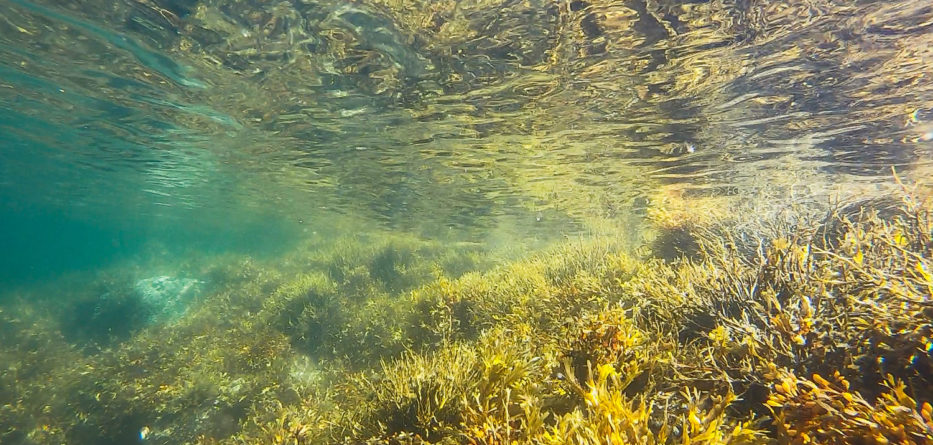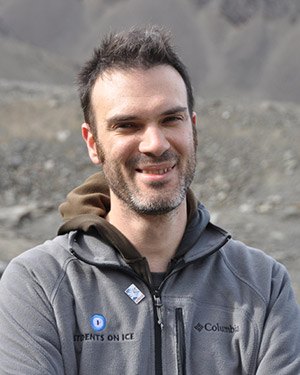
Mitigating ocean acidification in Santa Monica Bay with marine vegetation
Our oceans experience severe negative impacts from human-induced global warming. Much of the carbon dioxide emitted into the atmosphere from burning fossil fuels is absorbed by seawater. This leads to…
Our oceans experience severe negative impacts from human-induced global warming. Much of the carbon dioxide emitted into the atmosphere from burning fossil fuels is absorbed by seawater. This leads to ocean warming and acidification, which have cascading effects that impact marine biodiversity and public health. In an effort to guide effective ocean resource management, our team partnered with The Bay Foundation, a non-profit environmental group whose mission is to protect and preserve coastal waters in and around the Santa Monica Bay. We will be researching and developing solutions for the growing issue of ocean acidification. We will focus on how marine vegetation, human actions and coastal policies can help keep our oceans’ pH levels steady.
Marine vegetation plays an important role in balancing carbon dioxide levels. Through photosynthesis and carbon sequestration, kelp and eelgrass absorb carbon dioxide. These processes are essential in combating ocean warming and acidification because they eliminate excess carbon dioxide from the seawater. Our findings will augment the existing knowledge of negative human activity impacts in the Santa Monica Bay and contribute to the advancement of coastal policy. We will expand on research conducted by past practicum teams to understand the role marine vegetation plays as a pH buffer and its potential to alleviate local consequences of ocean acidification.
Watch our Video: “Can Eelgrass Save the Planet?”
Client: The Bay Foundation
Advisor: Professor Rob Eagle
Student Team: Madison Castelazo, Vanessa Saucedo, George Shenusay, Lily Sperling, Ka Hei Ng, Rachel Lu, Emily Gin

